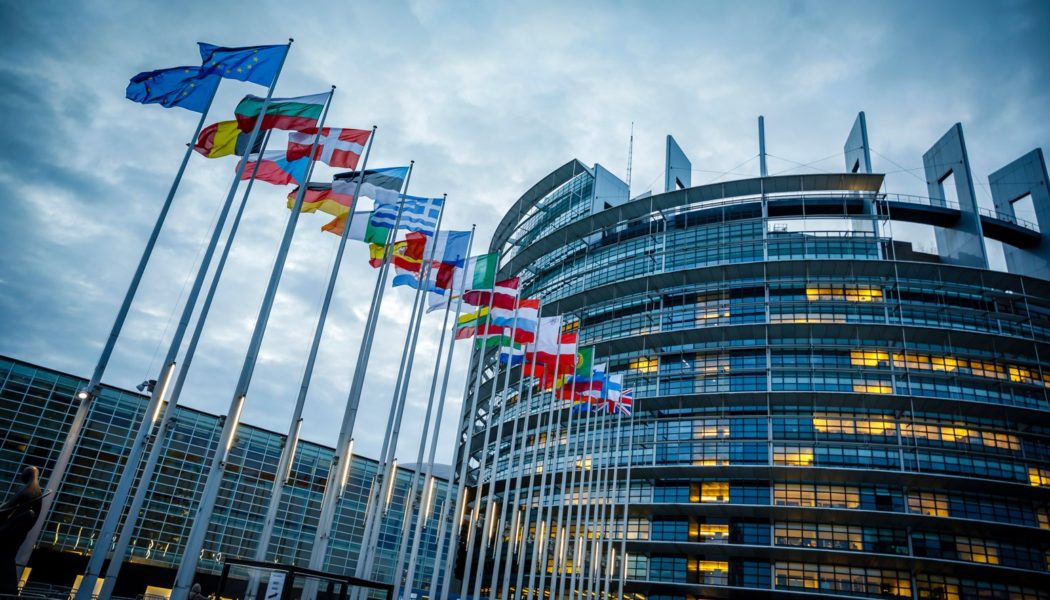EU Copyright Directive
European Commission Guidance Muddies the Waters for EU Copyright Directive
They include the requirement for platforms that rely on user-generated content — such as YouTube, TikTok or Facebook — to obtain “fair remuneration” license deals with rights holders and to make “best efforts” to remove unlicensed content and, most importantly, ensure that it stays down. But the document also introduces exceptions that music execs say streaming platforms could use to try and avoid liability for hosting unlicensed content — potentially replacing one safe harbor with another. “The guidance risks creating uncertainty and ambiguity by going beyond the scope of the directive,” says European authors group GESAC, which represents the rights of more than one million musicians, creators and rights holders. GESAC notes that while the guidanc...

